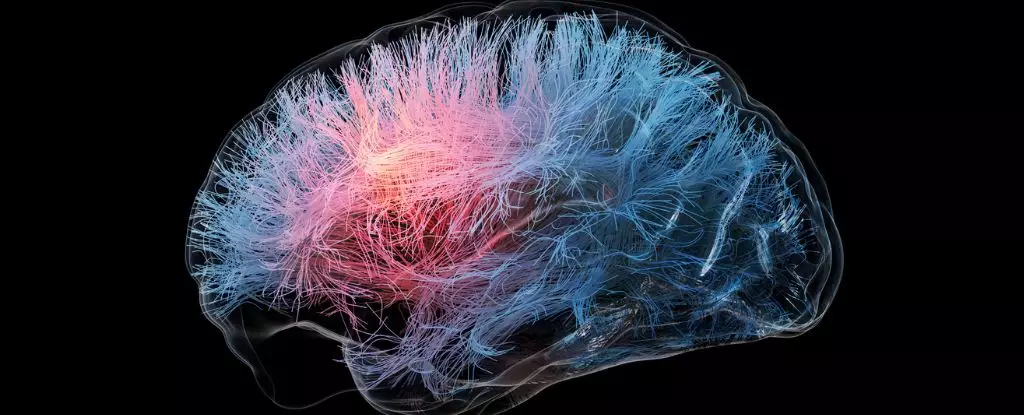The recent FDA approval of lecanemab, an intravenous drug designed to combat Alzheimer’s disease, has been greeted with a flurry of optimism and skepticism alike. While studies indicate that lecanemab can slow cognitive decline in patients, this new medical breakthrough raises an alarming question: why are female patients potentially receiving only a fraction of the benefits compared to their male counterparts? In an 18-month phase 3 clinical trial, the drug yielded promising results, but it also unveiled a staggering 31 percent difference in efficacy based on sex. This discrepancy should raise not just eyebrows but alarm bells across the scientific community.
With two-thirds of Alzheimer’s patients being female, the oversight in gender responsiveness within clinical trials is not merely a statistical anomaly; it’s a glaring blind spot that could have serious ramifications for millions. The initial enthusiasm surrounding lecanemab must be tempered with caution. Are we on the verge of a treatment breakthrough or simply another example of the medical establishment failing half of its patient population?
The Science Behind Sex Differences
Researchers from Canada and Italy noted that the clinical data derived from the trial (dubbed CLARITY AD) suggested male patients experienced a significant 43 percent slowing of cognitive decline, while the same drug resulted in a non-significant 12 percent for females. This discrepancy is not just a troublesome footnote; it’s a symptom of broader systemic issues in clinical research that has historically marginalized women. Neuroscientist Daniel Andrews from McGill University has echoed this sentiment, stating that further investigation is crucial to fully comprehend why females appear less responsive to lecanemab.
This is not a trivial matter; this difference suggests that the mechanisms at play could be profoundly different for men and women. For instance, sex hormones and chromosomes may interact intricately with how amyloid plaques—associated with Alzheimer’s—form and are cleared from the brain. The idea that we could be prescribing effective treatments to one gender while neglecting the specific needs of another is an indictment of our current research practices.
The Larger Implications of Oversight
The alarming findings from the CLARITY AD trial serve as a microcosm of a larger epidemic affecting medical research: the gross underrepresentation of women. In 2019, a mere 5 percent of neuroscience studies discussed the influence of sex, a shocking statistic that highlights the long-standing bias that exists in the field. This woeful lack of diversity in clinical trials means we may be overlooking critical differences that could affect treatment efficacy broadly.
Furthermore, the gap in understanding how brain aging affects men and women differently poses a “grave consequence” for public health, as noted by an international team of researchers. This kind of male bias in brain research not only affects the development of effective drugs but also perpetuates stereotypes that could hinder women from receiving the appropriate medical attention they deserve.
Call to Arms for Future Research
The urgency to rethink clinical trial approaches cannot be understated. This situation cries out for a paradigm shift; researchers must prioritize gender inclusivity in order to better understand the nuanced ways in which Alzheimer’s disease and other cognitive disorders manifest in patients. The idea of segregating data to observe how treatments affect different genders should be standard practice moving forward.
The potential implications of this shift could also hold the key to unlocking new treatment avenues, as understanding sex-related differences can empower pharmaceutical companies to create more effective therapies. The authors of a recent review suggest leveraging existing data from Alzheimer’s trials to accelerate this understanding. It’s a clarion call for actionable change in drug development processes that cannot continue to ignore the complexity of sex differences.
Ultimately, the discussion surrounding lecanemab exemplifies a much larger narrative, one that intertwines gender equality with health equity. If we truly wish to advance our understanding of Alzheimer’s disease, we must confront these gaps head-on, ensuring that no patient—regardless of gender—is left behind in what may be one of the most critical health challenges of our time. The stakes couldn’t be higher, and the clock is ticking on finding equitable solutions that serve everyone effectively.

